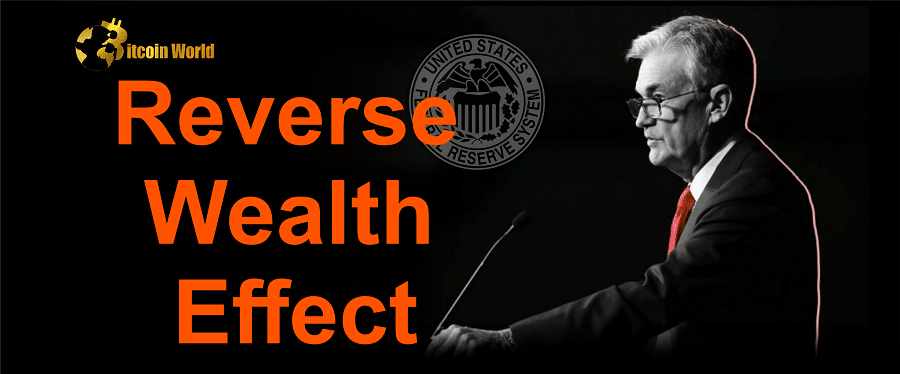By causing market chaos, the Federal Reserve hopes to force investors to rethink their investments.
The Federal Reserve’s interest rate hike strategy may continue, making it difficult for the crypto industry to recover. To become a hedge against inflation, the industry must investigate ways to decouple crypto from traditional markets. By breaking away from legacy financial models, decentralized finance (DeFi) may offer a way out.
Paul Volcker, the chairman of the Federal Reserve Board, instituted the interest-rate hike policy to control inflation in the 1980s. Volcker increased interest rates to more than 20%, causing the economy to enter a recession by reducing people’s purchasing power. The strategy was successful, and the Consumer Price Index (CPI) fell from 14.85% to 2.5%. Even today, the Federal Reserve employs the same methodology to reduce high inflation rates.
Core inflation in the United States reached a 40-year high in 2022, prompting the Federal Reserve to raise interest rates throughout the year. This has had a negative impact on the cryptocurrency market. According to Mike McGlone, Senior Commodity Strategist at Bloomberg Intelligence, the Fed’s “sledgehammer” has “been pressuring crypto this year.” According to McGlone, the Fed’s policies could lead to a crash worse than the 2008 financial crisis.
Market data shows a clear pattern in which interest rate hikes by the Federal Reserve correspond to significant drops in cryptocurrency prices. For example, Bitcoin prices fell on May 6 following the Fed’s meeting on May 3 and 4 to raise interest rates by 0.5%. Similarly, Bitcoin fell to $17,500 after the Fed raised interest rates by 0.75% on June 14 and 15.
The June rate hike was a significant factor in cryptocurrencies like BTC and Ether falling 70% from their all-time highs. The price charts show that the Federal Reserve’s policies are directly related to crypto market volatility. This uncertainty prevents the cryptocurrency industry from making a decisive comeback. Due to rising interest rates and recession fears, investors are reducing their exposure to cryptocurrencies, which are a risky asset class.
In November, the Federal Reserve raised interest rates by another 0.75%. The Fed said it was trying to bring down “inflation at the rate of 2 percent over the long run”. The Fed Committee will keep raising federal funds rates to 3-4%. It “expects that continued increases in the target range will be appropriate in order to achieve a monetary policy stance that is sufficiently restrictive to return inflation to 2% over time.”














